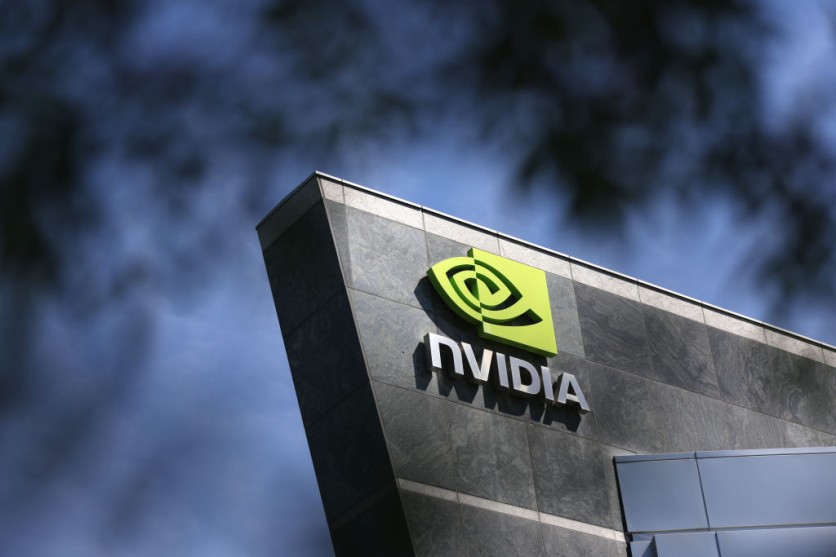US chip manufacturing giant NVIDIA announced on Monday that it is now offering a new, advanced chip in China that complies with current export control regulations intended to prevent China from obtaining cutting-edge technology, according to a report by Reuters.
The chip company confirmed to Reuters about the development after the outlet reported that Chinese computer sellers are already promoting products containing the new chip.

A800 Chip
The A800 chip is the first known attempt by a US semiconductor company to develop cutting-edge processors for China that adhere to new US trade laws. According to NVIDIA, the export restrictions might result in a loss of income of hundreds of millions of dollars.
US laws put in place at the beginning of October effectively prohibited Chinese chipmakers from exporting advanced microchips and the machinery needed to make them, as part of an effort to cripple China's semiconductor sector.
The US cited concerns that the chips may be used for military purposes. Hence, they prohibited tech companies like NVIDIA from exporting their products.
NVIDIA and Advanced Micro Devices both announced in late August that the US Commerce Department had added their cutting-edge semiconductors to the export control list, particularly NVIDIA's data center chip A100.
Available on Two Chinese Websites
Reuters reported that the A800 chip is available in products from major server manufacturers on at least two Chinese websites. The A100 chip has already been featured in advertising for one of those products as well.
The A800's specifications were described in full on a distributor website in China. The new processor's chip-to-chip data transfer rate is 400 gigabytes per second, down from the A100's 600 gigabytes per second, according to a comparison of chip capabilities with the A100.
It is worth noting that the updated regulations limit speeds of 600 gigabytes per second and higher.
NVIDIA acknowledged in its filing in October that the restriction might make it more challenging for the business to complete the H100 processor's development.
The ban also extends to Russia, and although it doesn't sell its products in the European country, it estimates that sales to Chinese companies will bring in around $400 million during the third fiscal quarter.
It might use the money to support future product development. All those potential sales could be lost if the Chinese market rejects the chipmaker's alternative goods or if the government refuses licenses to the top customers.
But those concerns might be allayed with the new A800 chip.
One of the chipmaker's fastest-growing divisions, NVIDIA's data center business, recorded $3.8 billion in revenue in the June quarter, an increase of 61% year over year.
Related Article : NVIDIA Retracts the Launch of Its 12GB RTX 4080 GPU After Backlash: Graphics Card to Return but with a New Name
This article is owned by Tech Times
Written by Jace Dela Cruz
ⓒ 2025 TECHTIMES.com All rights reserved. Do not reproduce without permission.




